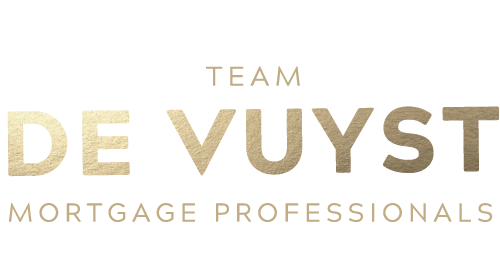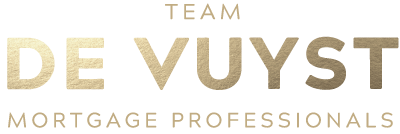6 Reasons to Refinance your Mortgage
Is now a good time to refinance your mortgage? Well, maybe! Interest rates are very low right now, and according to the bank of Canada, they will most likely remain low until at least 2023. So while everyone has different reasons to access their home equity, to a maximum of 80% of the property value, here are 6 reasons refinancing your mortgage might make sense to you.
Your mortgage is up for renewal anyway.
If your mortgage is up for renewal and you’re looking at a new term anyway, this is the perfect time to consider adding money to the balance outstanding as there won’t be a cost to break your existing mortgage. Breaking your mortgage mid-term will incur a penalty. Waiting until your term is up won’t.
It lowers your overall cost of borrowing.
The goal with any mortgage is to pay the least amount of money back to the lender as possible. When considering your mortgage options at the outset, this might mean taking the mortgage with the lowest rate, while it might also mean paying a little higher rate in favour of more flexible terms. It’s all about calculating the best option for you at that time.
When considering a refinance, it’s very similar. You should consider breaking your term anytime and paying the penalty if the terms on the new mortgage can save you more money in the coming years.
These aren’t calculations you can easily make on your own. However, in talking with an independent mortgage professional, you should be able to clearly assess if breaking your current mortgage will save you money in the long run.
To consolidate all your debts into one payment.
Life happens. Sometimes a financial reset is in order. If you have high-interest unsecured debt that is eating up your cash flow, bringing everything into one low payment secured by your mortgage could be a great option for you. Not only does this option give you breathing room in your daily life, but it will also help to protect your credit score if you are at risk of missing payments.
Debt restructuring is probably one of the most common reasons people refinance their mortgages.
To increase the value of your home.
Home renovations can be expensive. Saving up to renovate properly can take a long time. The idea of using your home equity to pay for renovations upfront, especially ones that increase the overall value of your home, can make a lot of financial sense.
Also, with more Canadians working from home due to the changes brought about by COVID-19, adding a home office or finishing a basement to increase the livable space in your home might be a great reason to refinance.
To build wealth through investing in property.
Purchasing a rental property can be a great way to build long term wealth. Although there can be some hassle involved in dealing with renters, having a tenant cover the mortgage cost as the property appreciates can be profitable long term.
Depending on your situation, purchasing a condo for your kids while they attend school is another option to invest in property. And while a vacation home might cost you financially, it can be considered a solid investment in your lifestyle.
If you have significant equity, consider a refinance of your existing property to come up with the funds or downpayment require to purchase another property.
Because you can do whatever you want with your money.
The equity you’ve built up in your home is money you have. However, to access that money, you'll either have to sell your home or borrow against it. And as it’s cold in Canada in the winter, having a home to live in is a good idea. So, if you’re looking to refinance your mortgage to access your equity, do it for whatever reason you like.
Maybe you want to start a new business, maybe you want to help a family member through hard times, maybe you want to help your kids pay for their education, or maybe you want to buy a Harley. The truth is, it doesn’t really matter what you do with the money, as long as you pay the lender back what you borrowed plus the interest.
Of course, with that said, some reasons to refinance might be a little bit better than others, but you can weigh the financial cost accordingly. However, as rates are really low right now, depending on the terms of your existing mortgage, a refinance might make sense.
If you’d like to talk about what a refinance looks like given your existing mortgage and financial situation, let’s do a cost/benefit analysis together. Please contact me anytime.
RECENT POSTS








